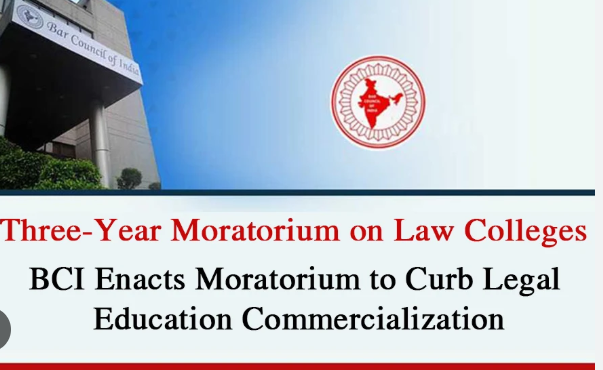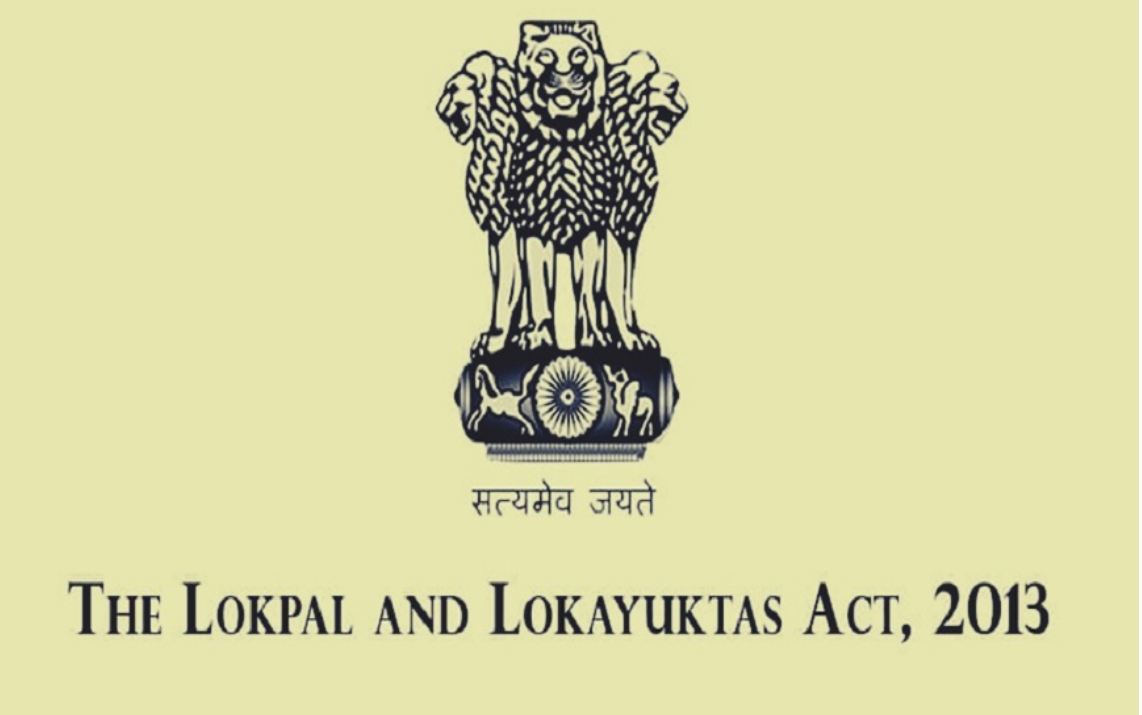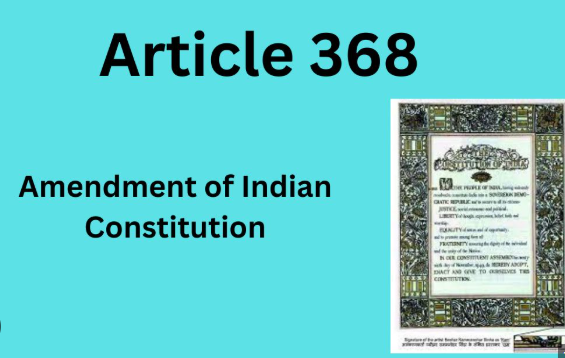BCI halts approval of new law college for 3 yrs to ensure equality

The Bar Council of India (BCI) has imposed a three-year moratorium (from August 2025) on the approval and establishment of new law colleges across India. This move is considered one of the most sweeping regulatory steps in recent years to address mounting concerns over the falling quality of legal education in the country. Background and Rationale The BCI, through […]








